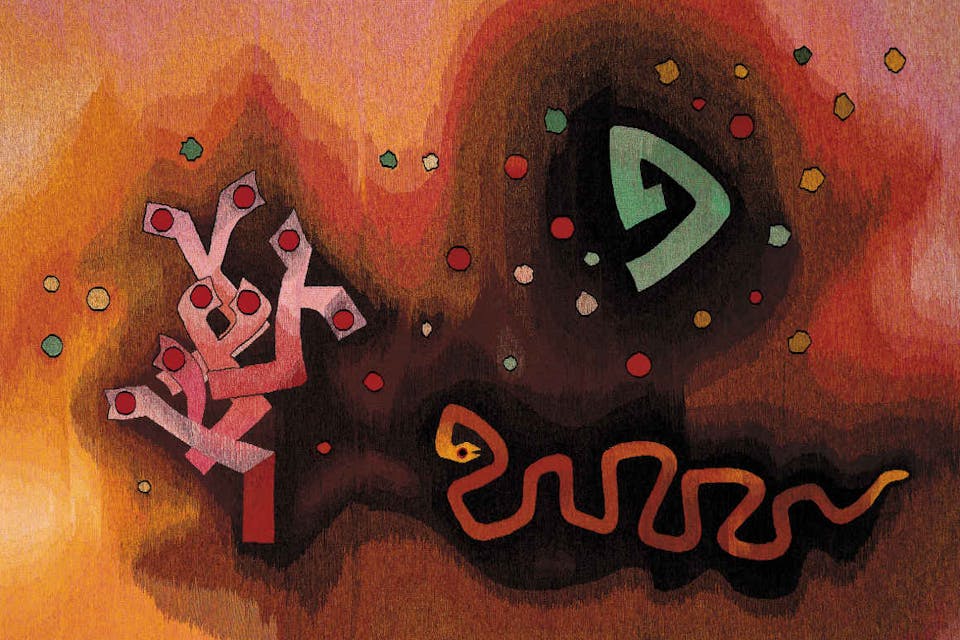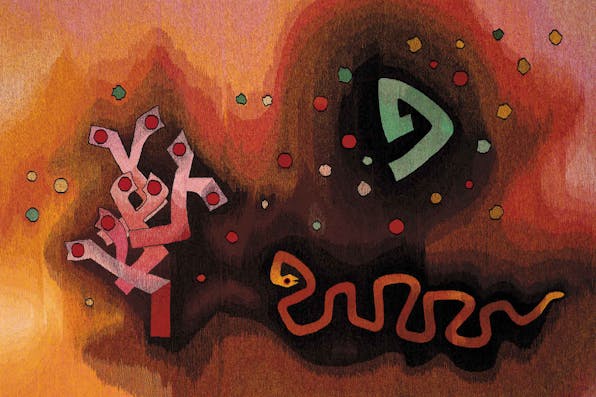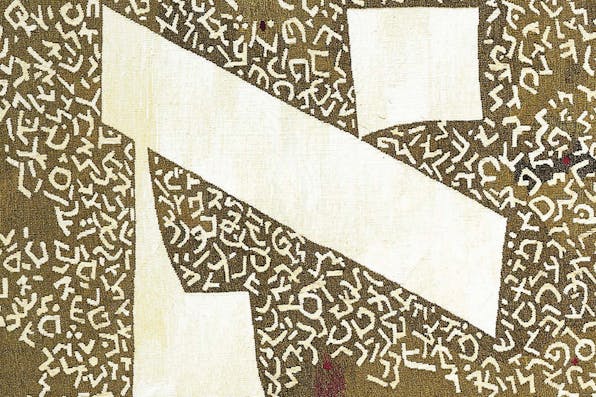
February 11, 2019
What It Means to Read the Bible as Nothing More than Great Literature
Like all of the other methods that have been devised for approaching the Bible, the literary method has its inevitable limitations.
In his enlightening essay on Robert Alter’s new translation of the Hebrew Bible, Hillel Halkin identifies Alter as “a leading advocate of the view, rarely voiced before the mid-20th century, that the Bible needs to be read as great literature and not just for its religious or historical content.” As he goes on immediately to note, Alter has now also “sought to bring this perspective to bear on [the Bible’s] translation.”
But what exactly does it mean to read any collection of compositions as “great literature” divorced from “its religious or historical content”? That is far from clear. Surely, the greatness of any piece of literature is partly a function of its worldview and of the particular moment in cultural history that made the literature possible. At the very end of his essay, Halkin hints at something like this when he observes that the practice of “reading the Bible as literature—if that is all we read it as—remains an act of rebellion . . . against the Bible itself, which does not wish to be read in this way.”
Another difficult point, however, is in what sense the Bible can be said to wish or not to wish something. Does a book have will or desire? Is there any reason to take any voice within a book, however insistent it may be, as normative for interpretation?


